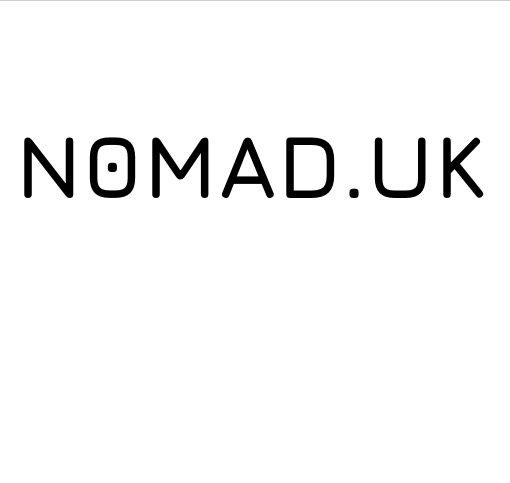De Orde
- n0mad

- Mar 31, 2021
- 2 min read
His hand hovered before he could surrender his signature to the page. The golden nib of the fountain pen poised above that neat row of black dots. How could he do it? How could he sign away his heritage?
His father, a young boy during the occupation, had proudly fought the Nazis in any way he could. Reporting on troop movements, hand colouring pictures of the unit flashes and symbols on the vehicles that thundered along the rural roads, noting units refitting in the dutch woods and forwarding the intelligence on to The Resistance. Risking his young life for the honour of his homeland. At any time a soldier’s search could have revealed these rudimentary sketches and tallied counts which would have earnt him a bullet, and a ditch for a grave. He knew his parents might never be told where he lay, for if identified, they risked also be executed as spies. He knew this and still, he cycled his bicycle, ringing his little bell as he rode through the villages of the low country. An innocent sound, but his district bell a signal to clandestine radio operators of enemy activity.
His father had once said when asked why he’d done it, that if he hadn’t done these things, hadn’t taken these risks, ‘he could never have looked at himself in the mirror again’.
His son hadn’t slept, he’d paced the midnight hours instead, made himself tea, warming a Stroopwafel over the top and then sipped, deep in thought. The first rays of sunrise searched the room, they found him still seated at the old kitchen table, the contract before him and pen in hand. The medal, De Orde van de Nederlandse Leeuw (The Order of the Netherlands Lion), the highest civilian honour, in its silk lined presentation box, squarely before him.
His father was old now, he needed care, he was a proud and patient man. He had waited. But now as his faculties failed him, his son must make the choice. The collector had been generous, had offered good money for the award, had even promised to replace it with framed photographs, ‘it would never be gone’, he’d assured. But could a photo ever replace the pride and honour of a family? He shook his head slowly. This simple trinket had a value far beyond his fathers’ life and the monetary value others ascribed it. That every member of the family could stand tall and proudly sing ‘Wilhelmus van Nassouwe’, their national anthem, secure in the knowledge that their family had contributed in some small way to freedom... that was priceless.
With steady hands, he lifted the stapled contract and slowly, carefully, ripped it top to bottom. Honour cannot be bought but must be earnt.
There would be another way.
--
463 words




Comments